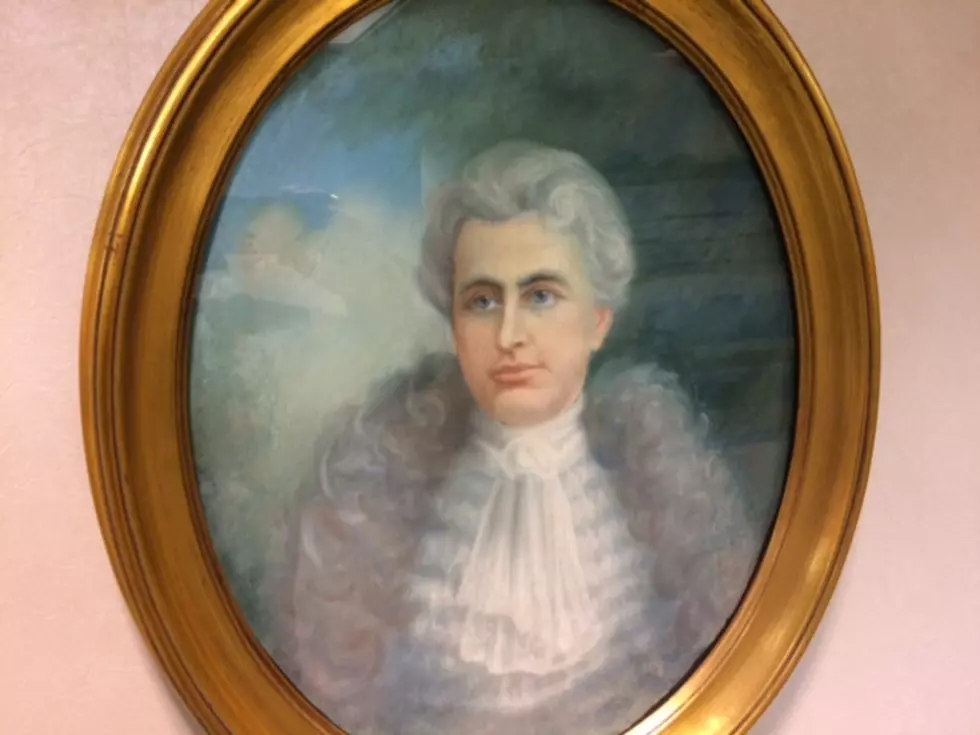
A Big Chuck Book Review: “Five Days at Memorial” Is Unforgettable!
This is a true story. It is a hard book to read. Not because the writing is difficult. But rather because the subject matter is heart wrenching.
When Hurricane Katrina slammed into New Orleans in August of 2005 one of the most seriously affected victims, and one of the least reported, was Memorial Hospital, one of the city's leading medical facilities. What happened there during the five days after the levees broke is akin to the worst war story. you have ever heard.
The hospital lost all power. No lights. No air conditioning as the temperature outside reached a tropical 100 degrees. No elevators. Just floor after floor of stairwells. Hundreds of patients needing help. Breathing machines stopped pumping. Dialysis patients were unable to receive treatment. Imminent surgeries were cancelled. Terminally ill patients in their last hours on earth lined the darkened, fetid hallways with little to do for them but comfort them in the growing misery. Toilets overflowed. Looters roamed the water filled streets outside. Decisions had to be made. Tough, life and death decisions. Made by the few doctors who were on hand and a cadre of dedicated nurses.
Decisions everybody prays they will ever have to make.
45 patients died over the five days depicted in this well-researched book. But how did they die? Of natural causes awaiting rescue? Or by the hand of the doctors and nurses who sought to end their agony by lethal injections? Author Fink addresses these subjects with a forensic eye. She writes in a compelling and breakneck style.
The first half of this book is the harrowing tale of the descent into hell that Memorial endures during the immediate aftermath of the hurricane. The second half of the book deals with the legal issues, lawsuits and litigation which followed.
It is hard to put yourself in the shoes of these nurses who worked with as little as an hour sleep a day, in the same grimy clothes with no showers, limited resources, and incredible pressure. The book is a difficult look at emergency triage protocol, the steely courage of those who have dedicated their lives to saving others and the bureaucratic nightmare that corporate health care facilities burden their workers with.
It is a good book, no, make that a great book. I couldn't put it down. If you are in the health care industry whether a doctor, nurse, administrator or support worker this book is a must read. And it will have you asking yourself, many times over....what would I have done?
I give "Five Days at Memorial" four meatballs, which is my highest rating!
More From WDOS-WDLA-WCHN CNY News









